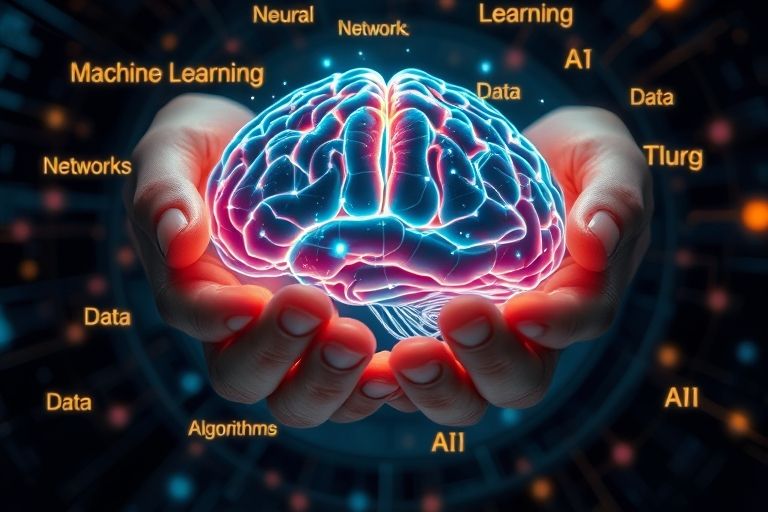Demystifying Artificial Intelligence: A Beginner's Guide to Key Concepts and Terminology
Artificial Intelligence (AI) is no longer a futuristic concept but a reality that is changing the way we live and work. It is a technology that simulates human intelligence, enabling machines to learn from experience, adapt to new information, and perform tasks that typically require human intelligence.
Key Concepts in Artificial Intelligence
Before delving into AI terminology, it is essential to understand the fundamental concepts that underpin AI technology. These include:
- Machine learning: This is a subset of AI that enables machines to learn from data without being explicitly programmed. Machine learning algorithms can identify patterns in data and make predictions or decisions based on that data.
- Deep learning: This is a type of machine learning that uses artificial neural networks to learn from data. It is used to solve complex problems such as image and speech recognition, natural language processing, and autonomous driving.
- Natural language processing (NLP): This is a branch of AI that enables machines to understand, interpret, and generate human language. NLP is used in chatbots, virtual assistants, and voice-controlled devices like Amazon's Alexa.
- Computer vision: This is a field of AI that enables machines to interpret and understand the visual world. Computer vision is used in autonomous vehicles, facial recognition, and medical image analysis.
Terminology in Artificial Intelligence
Artificial Intelligence is a vast field with a lot of terminology that can be overwhelming for beginners. Here are some essential terms to get you started:
- Artificial Neural Networks (ANN): These are a type of deep learning architecture that mimics the structure and function of the human brain. ANN can be used for tasks such as image and speech recognition.
- Supervised Learning: This is a type of machine learning where the algorithm learns from labeled data. The algorithm is given input data and corresponding output data, and it learns to map the input to the output.
- Unsupervised Learning: This is a type of machine learning where the algorithm learns from unlabeled data. The algorithm is given input data without any corresponding output data, and it learns to identify patterns in the data.
- Reinforcement Learning: This is a type of machine learning where the algorithm learns from feedback in a dynamic environment. The algorithm learns to take actions that maximize a reward signal.
Examples of Artificial Intelligence in Action
Artificial Intelligence is already transforming many industries, including:
- Healthcare: AI is used in medical imaging, drug discovery, and personalized medicine.
- Retail: AI is used in recommendation engines, chatbots, and inventory management.
- Finance: AI is used in fraud detection, risk management, and trading.
- Manufacturing: AI is used in predictive maintenance, quality control, and supply chain optimization.
How to Get Started with Artificial Intelligence
If you are interested in learning more about Artificial Intelligence, here are some steps to get started:
- Get familiar with Python: Python is the most popular programming language for AI, and there are many resources available to learn Python for AI.
- Take an online course: There are many free and paid online courses available to learn AI, such as Coursera, edX, and Udacity.
- Join an AI community: Joining an AI community can help you stay up-to-date with the latest trends and connect with other AI enthusiasts.
Facts and Statistics about Artificial Intelligence
Here are some interesting facts and statistics about Artificial Intelligence:
- AI is expected to create 2.3 million jobs by 2020: According to Gartner, AI will create more jobs than it will eliminate.
- AI is expected to contribute $15.7 trillion to the global economy by 2030: According to PwC, AI will have a significant impact on economic growth.
- 81% of executives believe that AI will revolutionize the way they do business: According to a survey by Accenture, the majority of executives are bullish on AI.
Conclusion
Artificial Intelligence is a fascinating and rapidly evolving field that has the potential to transform many aspects of our lives. Understanding the key concepts and terminology is essential for anyone looking to get started with AI. With the right resources and mindset, anyone can learn and contribute to this exciting field.
